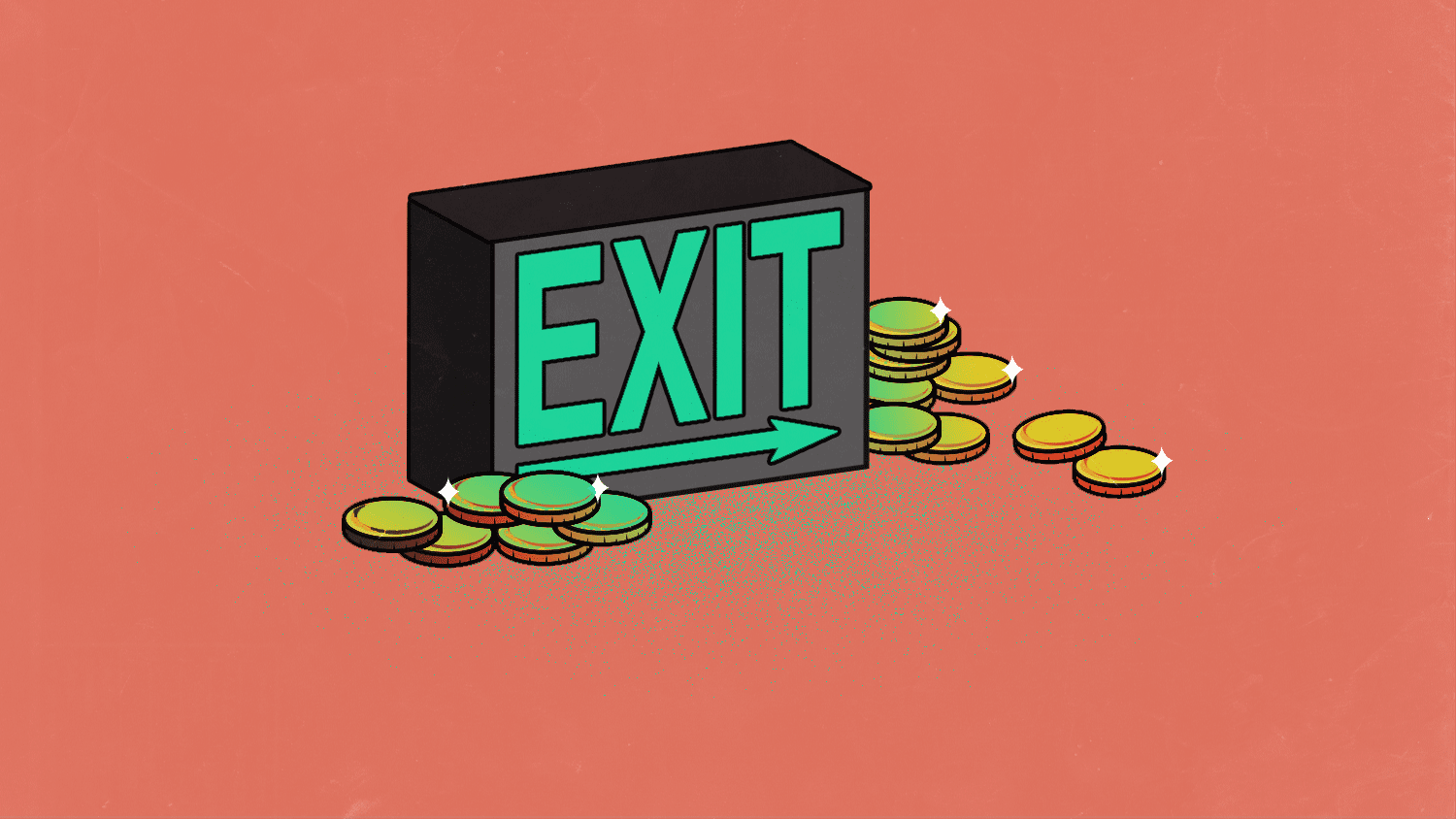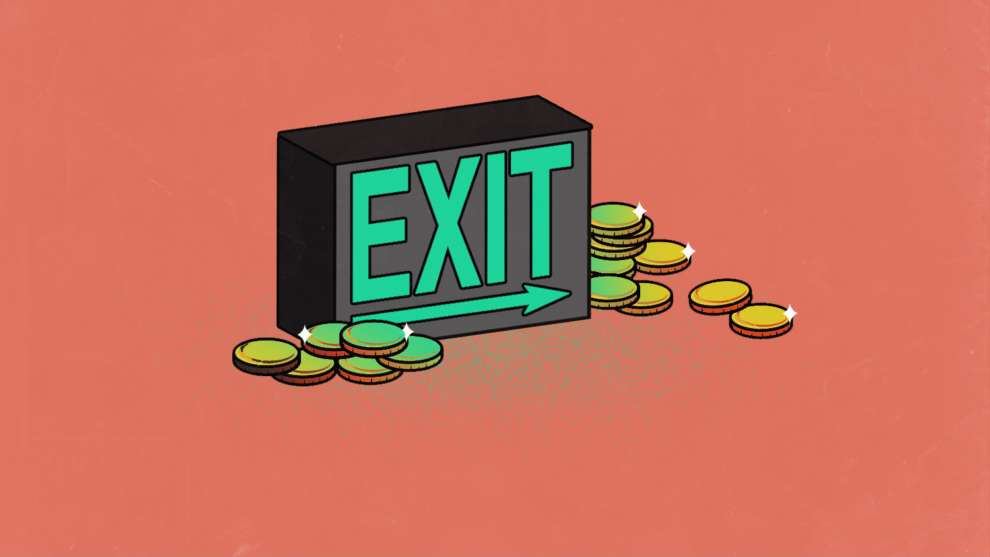Morning Markets: Uber shares are falling for the second straight day, prompting some folks to argue that a number of incredibly successful tech companies also struggled to launch. Is the comparison fair?
Subscribe to the Crunchbase Daily
Uber’s IPO last week was an important moment for the unicorn era: Could a company with slowing growth and persistently sharp losses defend its private-market value or IPO price? The answer so far is no and no.
With Uber’s equity off 8.5 percent as of the time of writing ($38.02 per share, or a value of $63.78 billion), the firm is now worth less than it was as a private company, let alone the $45 per share at which it went public. It’s a disappointing result, and not one that can be fully blamed on market conditions.
Let’s make two points this morning. First, let’s remind ourselves about some common wisdom from Silicon Valley. Following, let’s kick the knees out from under some historical revisionism that is being bandied about in defense of Uber. You know, that old “Amazon lost money while going public and did fine, Facebook’s shares fell after its IPO and it did fine” argument.
If This, Then That
Cover young, technology-related, growth-oriented companies long enough and you’ll hear a few saws trotted out as conversation blockers. The first for us today is the old chestnut that “great companies can always raise.” It isn’t true, but it is meant to indicate that the strongest startups won’t ever run out of capital because private investors will always be able to see past market conditions to provide cash to the most promising outfits.
Again, false, but what is true is that companies perceived to be the hottest things around can always raise. That’s a related, but notably different point.
Corollary to the first concept is one that’s even more interesting: “Great companies can always go public.” I hear this mostly when I ask a private-market investor about things like IPO windows. It’s a defensive response, but one that I think is sincerely held.
And then there’s Uber which made the case for the first point being true during its period of hyper-growth. And it almost made the second point, managing a large IPO during a challenging week of macro and market fear. But then its shares fell sharply on their first day, capping off that disappointment with more losses today. So Uber has shown that companies can go public during periods of turmoil provided that there is enough demand for their shares (this is nigh-tautology but hear me out), but it has also shown that companies which get over the IPO-hump on brand more than fundamentals can get spat back up like a piece of gristle.
Are we being too harsh to Uber? Some would argue yes. After all, some of tech’s largest players today, firms like Facebook and Alphabet, struggled after they went public. Couldn’t Uber be more of the same?
(Update: Uber itself made the point this morning, saying in a memo: “Remember that the Facebook and Amazon post-IPO trading was incredibly difficult for those companies. And look at how they have delivered since.”)
No
No. For a few reasons, which we’ll explore now.
But before, let’s make some allowances: The market is fickle and impossible to predict. Uber’s result likely would have been better had the market not decided it wanted to get sick all over itself during its early trading days. And Uber could turn around its business, find efficient sources of growth, cut its losses, and drive its shares out of the ditch (now off 9.12 percent as of the time of writing this paragraph).
If that happens, however, don’t hail the examples of the Facebook and Alphabet IPOs as historical precedent for the Uber turnaround. The companies are not comparable. For a few reasons, which we detail below:
- $GOOG operating profit, trailing 12 months at IPO: $423.8 million.
- $FB operating profit, trailing 12 months at IPO: $1.75 billion.
- $UBER operating profit, trailing 12 months at IPO: -$3.03 billion.
And in those metrics we’ve done Uber a favor by not counting its preliminary Q1 2019 results. Instead, we used its fully-accounted 2018 quarters which sport a smaller aggregate operating loss.
As you can see, there is a difference between Alphabet and Facebook, and Uber. You can repeat the experiment with growth rates as well, which I recommend that you do (S-1/As are linked in the companies’ ticker symbols).
But what you see above are two companies that were hugely profitable before they went public. And even then they struggled somewhat. Alphabet’s reverse dutch auction was a bit of a mess as Hunter Walk pointed out this morning, and Facebook’s uncertain mobile future weighed on its shares. But since both companies were nicely profitable, and in the latter case cracked the key question regarding its future, they took off and did more than fine.
Both Facebook and Alphabet were younger at the time of their IPOs than Uber was, and they made money. That’s the difference and the reason why their success bears little to do with what may happen with Uber—at least in the short and medium-term.
Making money is better than losing money, I should point out. So while it may be true that Uber pulls through and stems its losses and finds growth and all that, reaching for examples like Alphabet and Facebook is a mistake. Which reminds me, I really do need to finish my post explaining why Amazon’s unprofitability during its youth is no excuse for money-losing unicorns to continue to lose money. Next time!
Illustration: Li-Anne Dias.

Stay up to date with recent funding rounds, acquisitions, and more with the Crunchbase Daily.








![Illustration of stopwatch - AI [Dom Guzman]](https://news.crunchbase.com/wp-content/uploads/Halftime-AI-1-300x168.jpg)


67.1K Followers